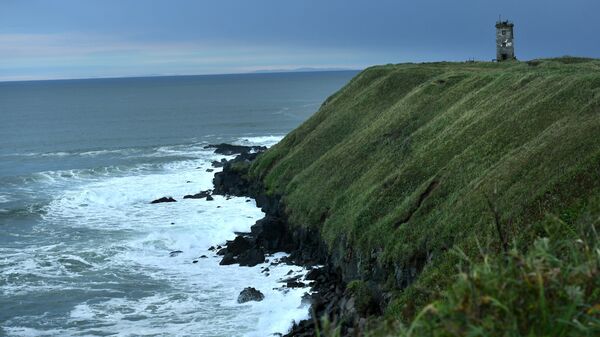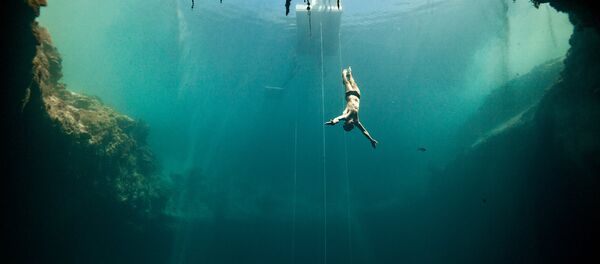The acidity and alkalinity of any liquid is measured on the pH scale, 0-14. Water is 7, neutral. Anything below 7 is acidic, such as lemon juice or vinegar, and anything above 7 is alkaline, such as soap and ammonia.
On average, today's oceans have a pH of 8.2, making them mildly alkaline. The new research from Earth and Planetary Sciences Department of the Weizmann Institute in Israel found that Earth's oceans of four billion years ago had a pH between 6 and 7.5.
"This gives us some clues as to the conditions under which life emerged in the early oceans," said Dr. Itay Halevy, who led the research, in a statement.
Billions of years ago, when the Earth was still young, "the early Sun was dimmer, even though we don't have evidence for a much colder climate. We think that this is because the early atmosphere had more of the greenhouse gas CO2 than at present, and that as the Sun got brighter, CO2 levels decreased."
When CO2 meets water, it produces carbonic acid — meaning the more CO2 is present in an atmosphere, the more acidic the water becomes. However, a high-CO2 atmosphere would mean there would be carbonic acid in rain as well. This acid rain could quickly have weathered the rocky crusts of early Earth, sending erosion into the water that could have neutralized the acidity.
The scientific community has been divided over which of these effects was stronger, and whether Earth's early oceans were more acidic or more alkaline. But the model Halevy developed, alongside Dr. Aviv Bachan of Stanford University, accounts for the erosion and still finds that the waters became more acidic over time.
Halevy cautions that his team's findings may not be applicable to today's oceans, which are also becoming more acidic as a side effect of climate change. "We had an early ocean more acidic than today in which primitive life thrived and chemical cycles were balanced; but if we want to apply this insight to today, we have to remember that this balance of acids and bases was maintained over geological timescales — millions of years," he said
"Today's acidification from CO2 is much more rapid, so this model does not apply to the short-term problem. Hundreds of thousands of years from now, the oceans will have found a new balance, but between now and then, marine organisms and environments may suffer."






